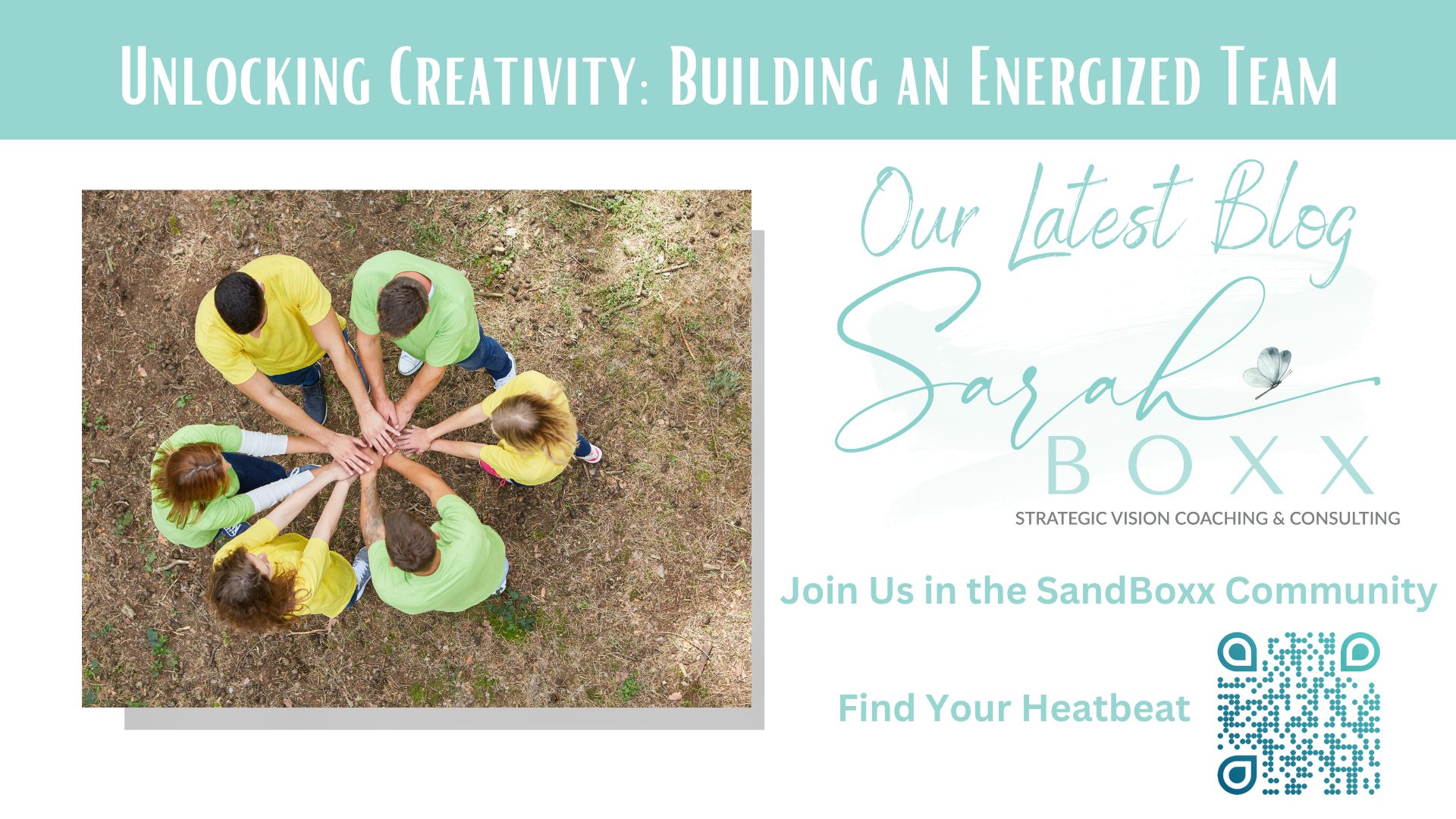It’s officially April 2020, and the coronavirus (COVID-19) has been picking up pace as it spreads across the world. As of March 11, 2020, COVID-19 was officially declared a global pandemic by the World Health Organization.
The virus has had devastating effects on communities around the globe, infecting thousands of individuals and overwhelming hospital systems. One of the most significant effects has been it’s impact on the world’s economy. With so many communities taking serious steps towards social distancing and viral containment, many businesses and organizations have had to close their doors, lay off employees, and pause services and production.
Although these precautions come highly recommended by the world’s health leaders in the interest of slowing the spread of the virus and saving lives, they’ve left many business owners and organizational leaders wondering:
“What do we do now?”
This, of course, should come as no surprise to you…it’s impossible to scroll through social media, flip on the news, or call your mother on the phone without some reminder of the virus that has brought our typical daily life to a screeching halt.
Trips to grocery stores feature signs reminding you to keep a “6-foot distance” with other people and are filled with empty shelves where toilet paper and hand sanitizer should be. If you are lucky enough to get out for a walk today, you’re likely to hear what is becoming the all too familiar greeting “Hope you are staying healthy!” from a neighbor across the street.
In these uncertain and unprecedented times, it’s easy to feel overwhelmed, stressed, and unsure of what to do or how to lead your organization through this difficult season.
It’s times like these where we need to get back to the basics when it comes to managing your organization. Focus your time, energy and resources on high priority tasks.
The most important thing you can do for your organization right now is to…
COMMUNICATE, COMMUNICATE, COMMUNICATE. Communication is the cornerstone of success.
Why?
Effective communication leads to:
- Engaged and responsive audiences
- Increased support from stakeholders
- Effective collaboration amongst team members
This isn’t a new phenomenon brought on by the coronavirus…communication is always important for strong organizations.
However, in good times when business is booming and your organization is busy, it can be easy to let your communication strategies slip. Social media platforms are ignored in the busyness of day to day work. Emails are collected for subscriber lists that rarely send out updates and information.
In other words, we get lazy.
With today’s circumstances throwing a serious curve-ball in our “regularly scheduled programming” effective and consistent communication with both your audience and the members of your team is not only important, it’s essential.
Now you may be wondering, “Great! I should communicate…but what information should I be sharing?”
In creating content to share with your team and audience, your overall goal should be to keep people informed and to stay top of mind as an organization. This can be done by sharing:
- Updates about how your organization is responding to COVID-19
- What you have done to ensure you will be relevant into the future
- Exciting information about future plans – giving people confidence
- Stories or case studies from past organizational success
- Local news and information pertinent to your audience
- Helpful tips or articles that provide value to your followers
Keep the tone upbeat, honest and fact-based. People need to know that in the midst of constant change others have “kept their heads” and are staying solution-focused.
Remember,
One who gains strength by overcoming obstacles possesses the only strength which can overcome adversity.
— Albert Schweitzer
For more tips and resources to help you navigate these difficult times as an organizational leader, CLICK HERE to receive updates on our latest blog posts and podcasts episodes.
This month’s content will be dedicated to supporting you in implementing strategies and systems for organizational success (even during a pandemic).
We’re in this together and here when you need us.
Article was contributed by: Maria Lees, Team Writer with Sarah Boxx




